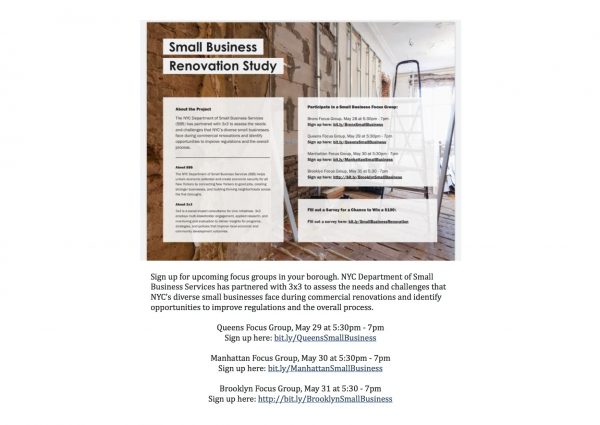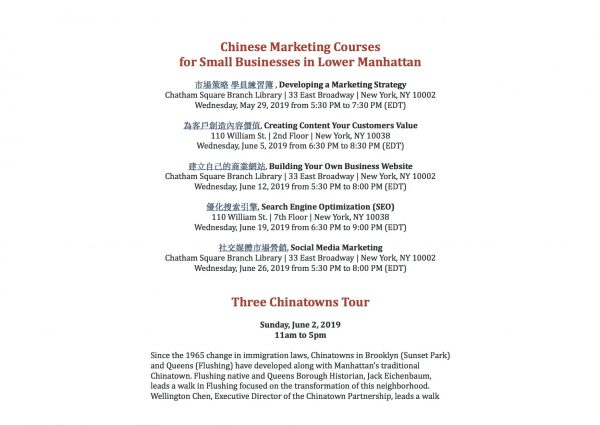Rally to Support Two Bridges Lawsuit: Tomorrow 9am
Borough President Brewer and the City Council under the leadership of Council Member Chin have filed a lawsuit against City Planning to have these projects properly brought before the community. You are invited to join the rally Wednesday morning to support the positions before the hearing.
COUNCIL MEMBER CHIN TO JOIN BOROUGH PRESIDENT BREWER TO RALLY SUPPORTERS BEFORE HEARING OF TWO BRIDGES LAWSUIT
What: Wednesday, June 5 at 9:00 am, Council Member Margaret S. Chin will join Manhattan Borough President Gale A. Brewer to rally supporters before a hearing regarding the lawsuit Brewer and Chin filed against the City and the developers of the site.
The Department of City Planning contended in a 2016 ‘staff level determination’ that the proposed projects for the Two Bridges site, which would soar over the current low-rise neighborhood as tall as 80 stories–are merely “minor modifications” of the base-level zoning, and do not require a full public review process. The lawsuit brought by Brewer and the City Council contends that the “minor modification” analysis is simply nonsense and that these projects effectively rewrite the Special Permits granted in the area, and demands that these projects be placed before the community for a public review.
Who: Council Member Margaret Chin and Manhattan Borough President Gale A. Brewer
When: Wednesday, June 5, 2019 9:00 AM
Where: 1 Centre Street, North Side (North of the kiosks)
************












































